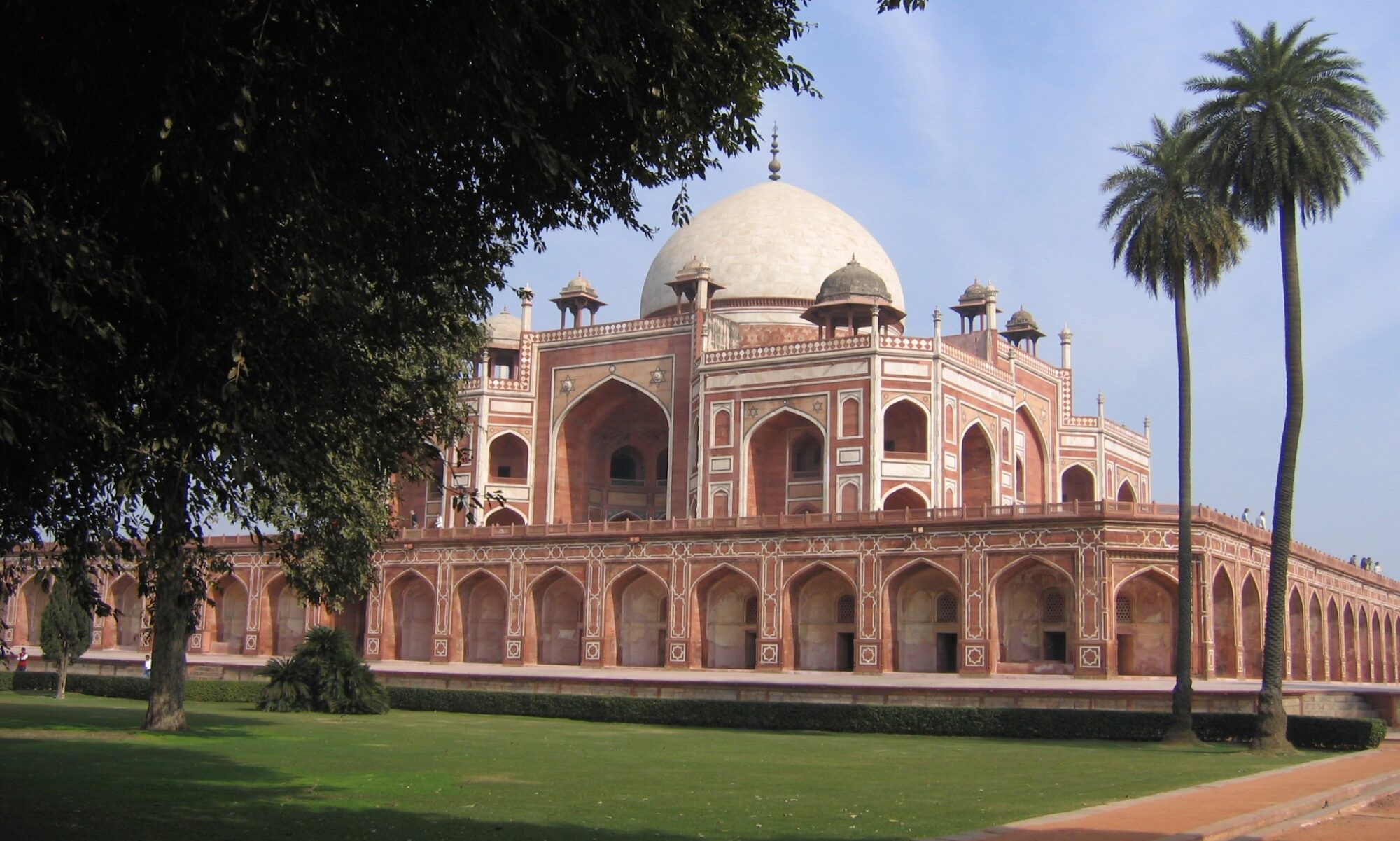An article by Jeffrey Ellis and Teresita C. Schaffer on the implications of the February 2008 parliamentary elections in Pakistan.
The excitement of Pakistan’s February 18 election, a sharp rebuff to President Pervez Musharraf and his ruling party, has given way to intense maneuvering to form the next government and to anxiety about how a divided political leadership will tackle the country’s formidable problems. The United States has pledged to work with all of Pakistan’s political players and has apparently moved away from its emphasis on Musharraf. Its main concern will be with the effectiveness of Pakistan’s counterinsurgency operations in and near the border areas with Afghanistan.
Originally published in the Center for Strategic & International Studies‘ South Asia Monitor on March 10, 2008. Read the entire article.

